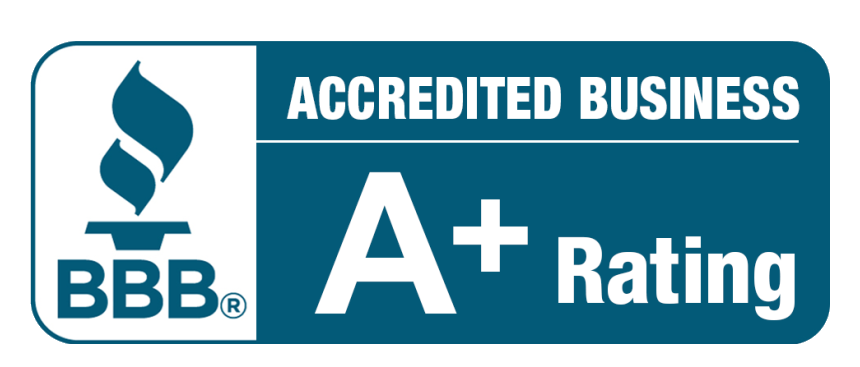
What is a Merchant Capital Advance?
A merchant capital advance (MCA), also called a merchant cash advance, is not considered a loan, but rather an advance based upon future revenues from credit card sales a business produces. Essentially, a business sells a portion of their future credit card revenue sales to acquire capital immediately. A merchant capital advance lender will ask a business to produce their last 3-5 months of credit card revenues to determine what the business is eligible to receive as an advance.
Since MCA lenders evaluate risk differently than traditional bankers, it is much easier for small businesses to qualify for. This makes merchant capital advances very appealing to small businesses, but rates on MCAs are typically higher than other loan options. Usually, a business that takes out a merchant capital advance will pay back at least 125%-140% of the amount borrowed. In other words, if you borrow $100,000, you will be required to pay back at least $125,000-$140,000. Additionally, the terms on a merchant capital advance are significantly shorter than more traditional loans and usually require repayment within 6-9 months or sooner.
How Does a Merchant Capital Advance Work?
An agreement is made between the MCA provider and small business owner on the advance amount, payback amount, holdback and terms of the advance. Once the agreement is finalized, the MCA provider will transfer the advance into the business owner’s bank account in exchange for a percentage of future credit card receipts.
Every day, a specific agreed upon percentage of the daily credit card receipts are taken by the MCA provider to pay back the advance. This amount is referred to as a “holdback” and will continue each business day until the advance is paid in full. The business owner is required to give the MCA provider access to their merchant account which in turn eliminates the collateral requirement for traditional small business loans.
Is a Merchant Capital Advance Right for You?
The extremely high cost of capital that comes with taking out a merchant capital advance should make any business cautious, however there are certain circumstances where it does make sense to apply for a merchant capital advance. For example, if your business needs immediate capital to purchase certain goods for your company that will yield you a higher return than the capital cost associated with a merchant capital advance, then it does make sense.
However, it is very risky for any business to consider a merchant capital advance strictly for operating capital. Remember, these merchant advances will charge your business at least a 25%-40% premium on your money, and some MCA lender costs can be much higher and even exceed 100%. And since the payment terms on these advances are also significantly shorter than other traditional loan options, it can strain a small business’s cash flow. Here are some pros and cons of MCAs:
Pros of Merchant Capital Advances
- Quick Capital – funding can usually occur within days
- Easier to qualify for versus more traditional loans from banks
- No collateral requirements
- Very little paperwork
- High approval rates
- High credit scores not required
Cons of Merchant Capital Advances
- Higher interest rates than traditional bank loans – usually, APRs range from 25%-40% and can sometimes can be over 100%
- Shorter payment terms – the advance must usually be paid in full within 12-24 months
- High default penalties – if you fall behind on your payments, or shut down your bank account, high default penalties are tacked onto the balance you owe
- Merchant Capital Advances are NOT considered loans so they will not help build credit
- You are prohibited from switching credit card processors
- Encouraging customers to pay in cash to avoid the daily “holdback” percentage is usually considered a breach of contract which results in default penalty being charged or possible litigation
- Unregulated industry – because MCA lenders are technically buying future receivables and are considered “advances” rather than a loan, they have been historically exempt from state usury laws allowing them to charge fees that exponential exceed traditional banking interest rates.
- A lot of MCA providers have confession of judgment clauses in their loan documents
If you are thinking about applying for a merchant capital advance, make sure you follow the steps below:
- Shop around – some merchant capital advance lenders only charge you a 25% premium on your money while others are notorious for charging a 100%-150% premium.
- Know your finances – to know if a merchant capital advance is right for you, you need to know your finances inside and out. What is your profit margin? If the cost of capital exceeds your profit margin, then you should probably stay away from a merchant capital advance.
- Insist on seeing all the fees upfront
- Ask for a calculated APR so you know your true cost of capital (note that this is completely different than the daily “holdback” percentage)
In addition, once you’ve decided to get a merchant capital advance, download our guide to executing on MCAs so that you know what to expect and, more importantly, what could happen to you or your business should you fail to meet the terms outlined in your agreement.
If you are struggling with debt issues, Fuselier & Associates Financial can help. We negotiate debt solutions that work for our clients and help them get their businesses back on track. Contact us today to see how we can help you.



